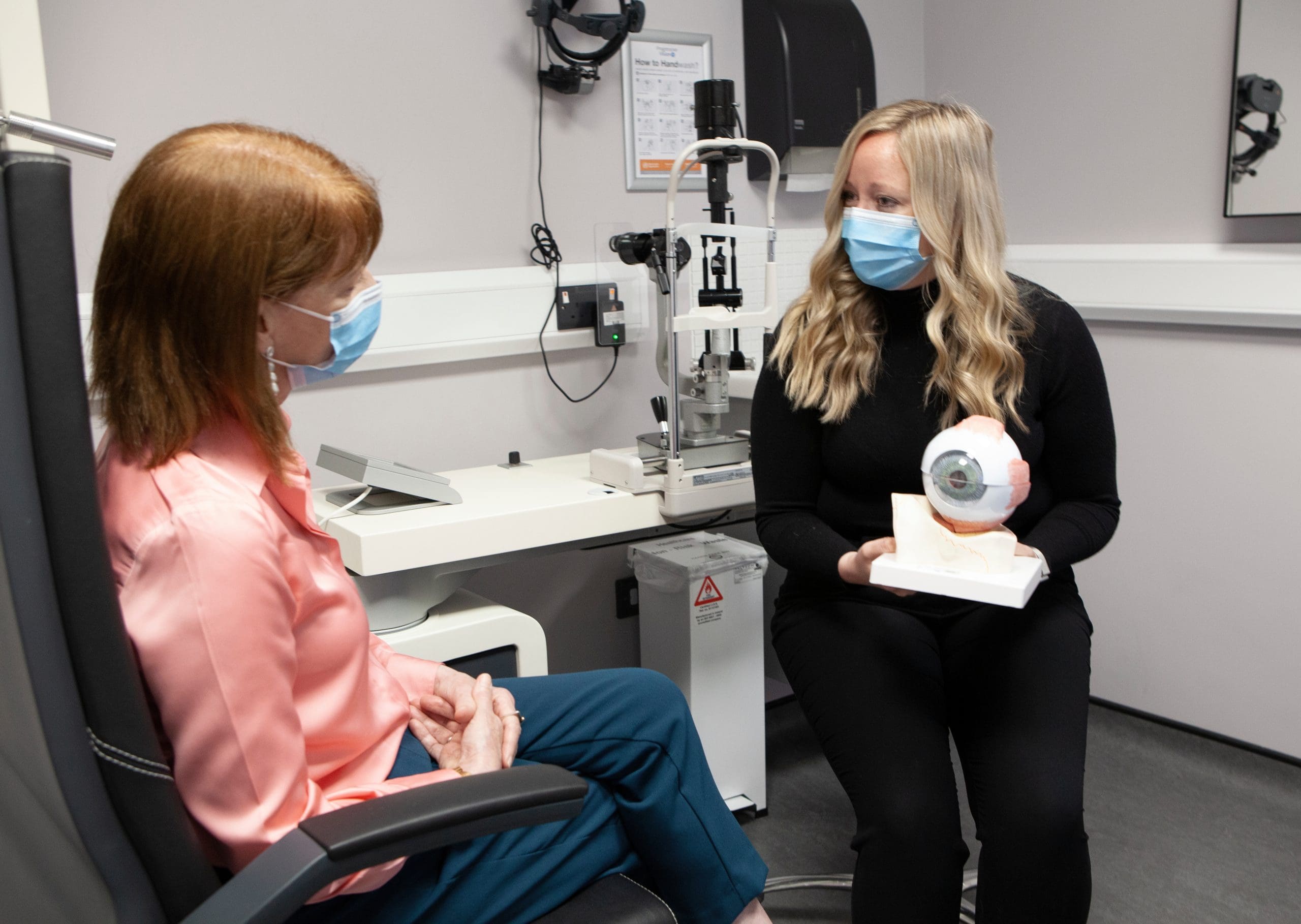
Glaucoma- the silent thief of sight: signs, symptoms and treatments
What is Glaucoma?
Glaucoma is a disease of the eye where eye pressure is too high, causing damage to your eye’s optic nerve. It usually happens when fluid builds up in the front part of your eye.
Main Cause of Glaucoma
Your eye constantly makes a thimble amount of clear fluid with high oxygen levels called aqueous humor. The aqueous is made in the middle of your eye behind the iris and flows in the front of your eye which is called the anterior chamber. The aqueous drains out through an area called the drainage angle. As new aqueous flows into your eye, the same amount should drain out . This process keeps pressure in the eye (called intraocular pressure or IOP) stable. But if the drainage angle is not working properly, fluid builds up, pressure inside the eye rises which can damage the optic nerve.
The optic nerve is made of more than a million tiny nerve fibres. It is like an electric cable made up of many small wires. As these nerve fibres die, you will develop blind spots in your vision. You may not notice these blind spots until most of your optic nerve fibres have died. If all the fibres die, you will become blind.
There are two major types of glaucoma:
Primary open-angle glaucoma
This is the most common type of glaucoma. It happens gradually, where the eye does not drain fluid as well as it should (like a clogged drain). As a result, eye pressure builds and starts to damage the optic nerve. This type of glaucoma is painless and causes no vision changes at first.
Some people can have optic nerves that are sensitive to normal eye pressure. This means their risk of getting glaucoma is higher than normal. Regular eye exams are important to find early signs of damage to their optic nerve.
Angle-closure glaucoma (also called “closed-angle glaucoma” or “narrow-angle glaucoma”)
This type happens when someone’s iris is very close to the drainage angle in their eye. The iris can end up blocking the drainage angle. You can think of it like a piece of paper sliding over a sink drain. When the drainage angle gets completely blocked, eye pressure rises very quickly. This is called an acute attack. It is a true eye emergency, and you should call your eye doctor or optometrist right away or you might go blind.
Here are the signs of an acute angle-closure glaucoma attack:
- Your vision is suddenly blurry
- You have severe eye pain
- You have a headache
- Nausea
- Vomiting
- You see rainbow-colored rings or halos around lights
Many people with angle-closure glaucoma develop it slowly. This is called chronic angle-closure glaucoma.
There are no symptoms at first, so they don’t know they have it until the damage is severe or they have an attack.
Angle-closure glaucoma can cause blindness if not treated in a timely manner.
GLAUCOMA TREATMENT
-
Medication
Glaucoma is usually controlled with eyedrop medicine. Used every day, these eye drops lower eye pressure.
There are two main types of laser surgery to treat glaucoma.They help aqueous drain from the eye.
These procedures are usually done in the eye clinic
This surgery is for people who have open-angle glaucoma and can be usedinstead of or in addition to medications.
The eye doctor uses a laser tomake the drainage angle work better. That way fluid flows out properly and eye pressure
is reduced. YAG Iridotomy. This is for people who have angle-closure glaucoma.
The eye doctor uses a laser to create a tiny hole in the iris. This hole helps fluid flow to the drainage angle.
Eye surgery for glaucoma makes a new opening in the front of the eye for the aqueous to flow out of the eye.
This surgery can involve putting a stent into the eye or physically making a new opening in the eye.
This type of surgery is done in an eye theatre and is often done as a daycase procedure.
If you are concerned about your sight, please do not hesitate to phone Progressive Vision on 01 213 5652 or fill in the form below and we will get back to you as soon as possible.
Request an Appointment / General Enquiry
Please fill out the information below and we will contact you to discuss the best possible time for an appointment or for a general enquiry.
"*" indicates required fields